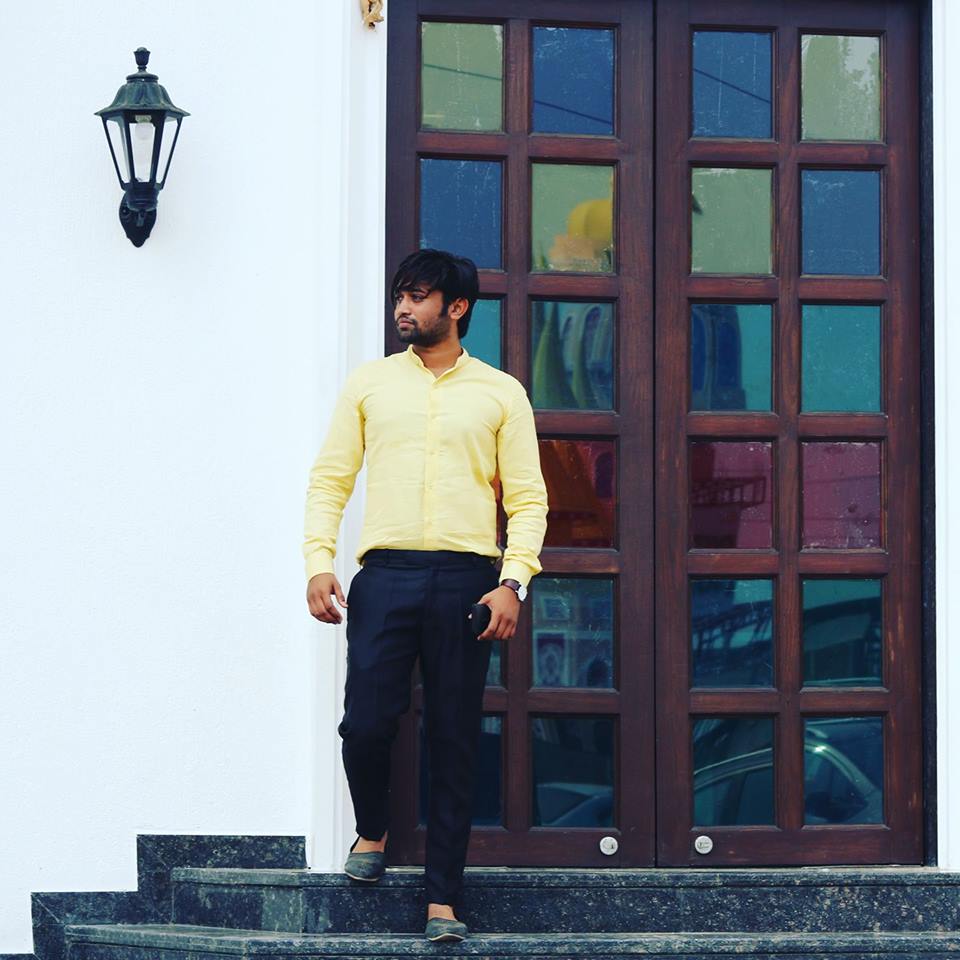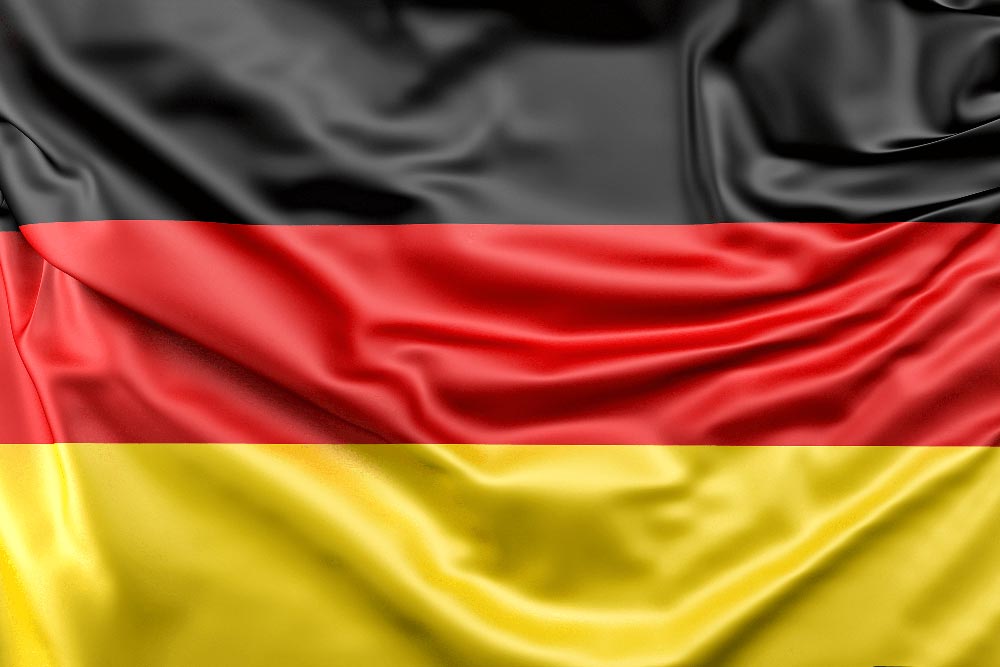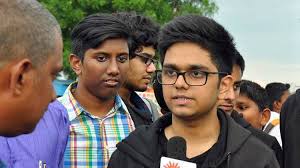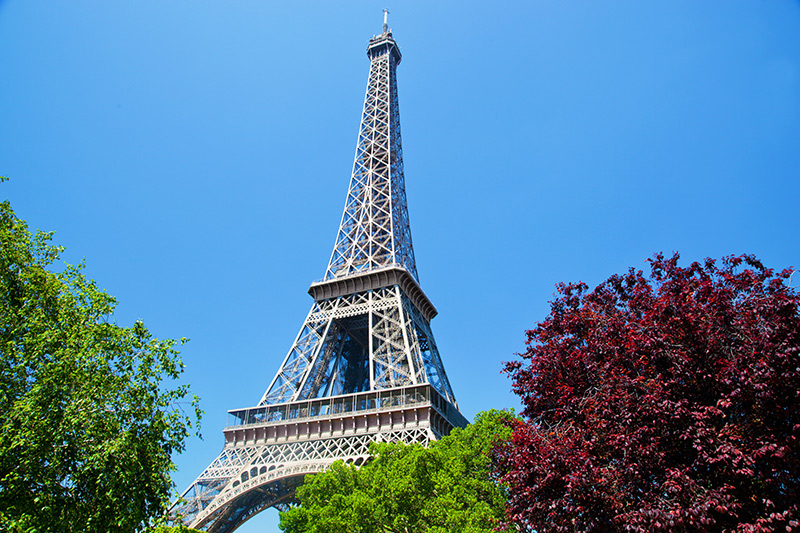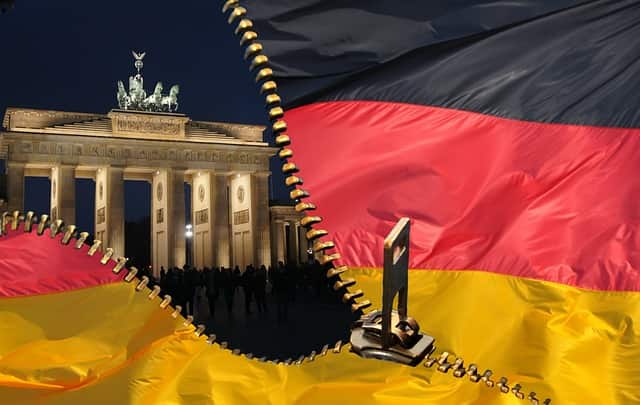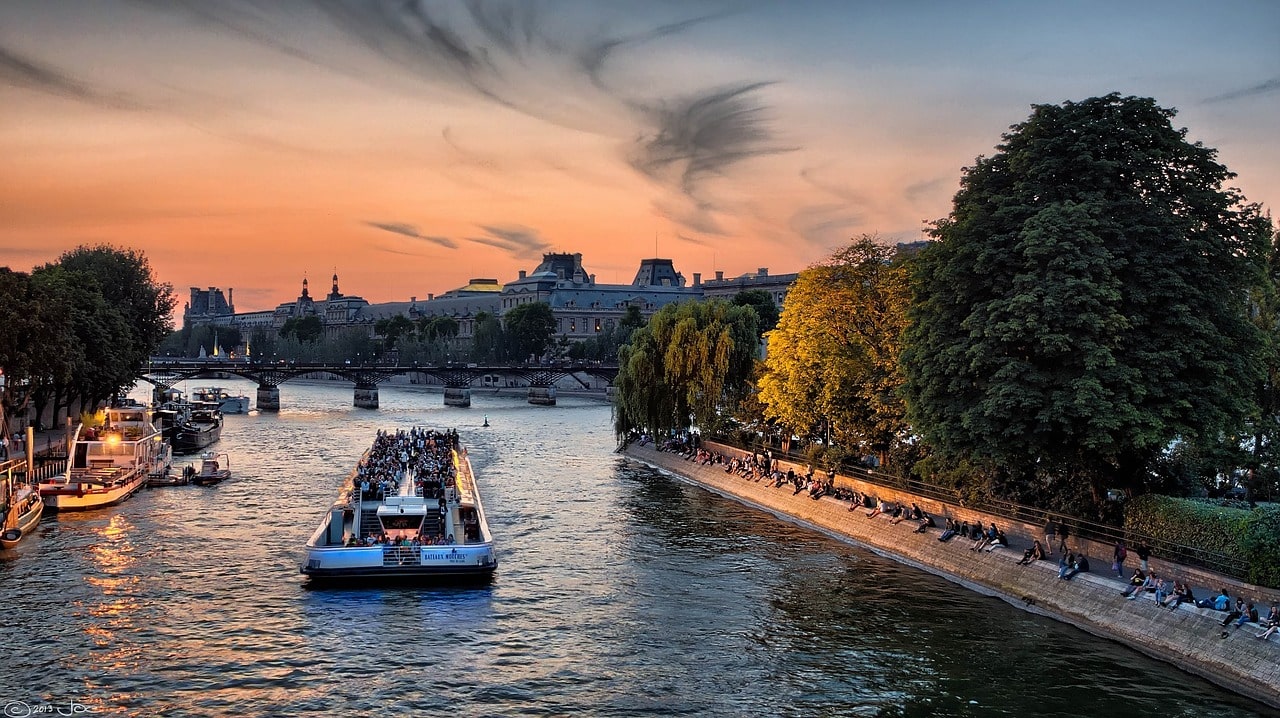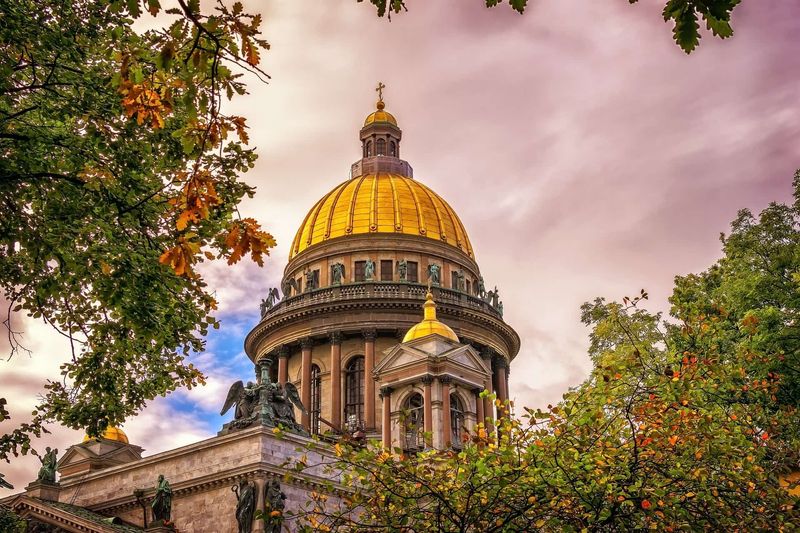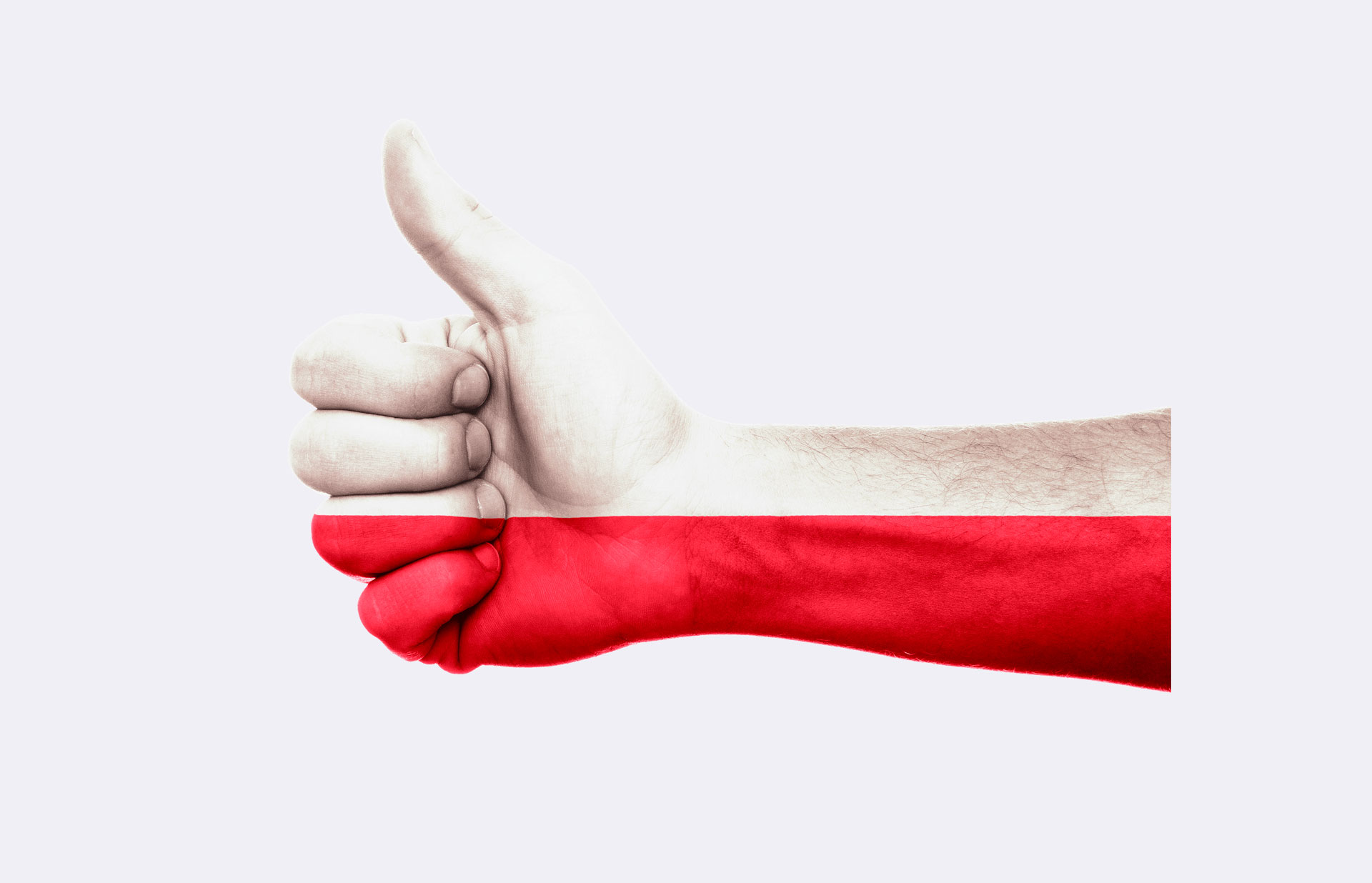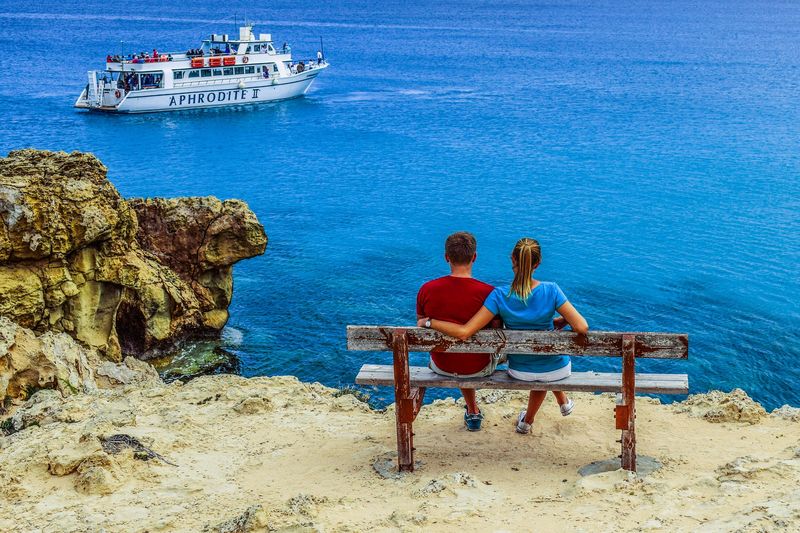Capital: Oslo
Currency: NOK
Time zone: UTC +1
Main language of study: Norwegian
Second language of study: English
Structure of education system: elementary (5 years), secondary (13 years), vocational (1-3 years), higher education (3,5-6 years)
The most popular cities among entrants are: Oslo, Trondheim, Bergen, Tromso
Norway is one of the countries paying enough attention to the development of university education and support of its availability for native and Indian citizens. Educational institutions include not only universities of general education, but also specialized institutes, higher schools of arts, as well as colleges that train only Bachelors.
Education in Norway – where to study
There are two main categories among educational institutions offering their services – private and state universities. The quality of services of first ones is not worse than the second ones, although world ratings include only state universities.
If Indian student is interested only in free education, he/she should pay attention to budget-funded institutions.
Despite the fact that free higher education is available not only in Norway, there is no better place where Indians can get so much support. Education in state institutions provides different scholarships and loans for Indian students, employment assistance during studies and after graduation and even debt remission for studying under certain circumstances.
In addition, Indians have an opportunity to get education in Norway on the same rights as local citizens. This fact seems attractive not only to future Bachelors, but also young Indian scientists that already have a doctor’s degree.
As a result, year by year education programs are getting more interesting, specializations are becoming much closer to the needs of the modern world, and a rating of Norwegian diplomas is becoming higher.
How to get higher education in Norway
Demands to Indian entrants in the country are generally standard, but the decision whether an Indian entrant is selected or not is taken by a committee of a university where he/she submitted documents. That’s why when rating your chances you should take into consideration not only your level of preparation, but also status of an educational institution, because the amount of Indian applicants, especially for free education is getting bigger year by year.
The right to study in Norway at a Bachelor’s program is granted in case an Indian student have a certificate of secondary education (12 years), which means not only graduating from school, but also completing the first year at a local university.
Indians don’t have to pass entrance examination. Indian entrants are selected according to GPA results, which means that those Indians who didn’t put much efforts at school will almost not have chances to get higher education in Norway, at least on a free basis. However, there is one solution. Starting from the age of 23 and with minimum 5 years of working experience Indian students are accepted for studying at Bachelor’s programs in the selected specialization even if they don’t have high grades in the certificate.
As for language skills, the choice of programs in English is not big, so Indians have to learn Norwegian and pass tests to get a certificate.


 kudapostupat
kudapostupat
















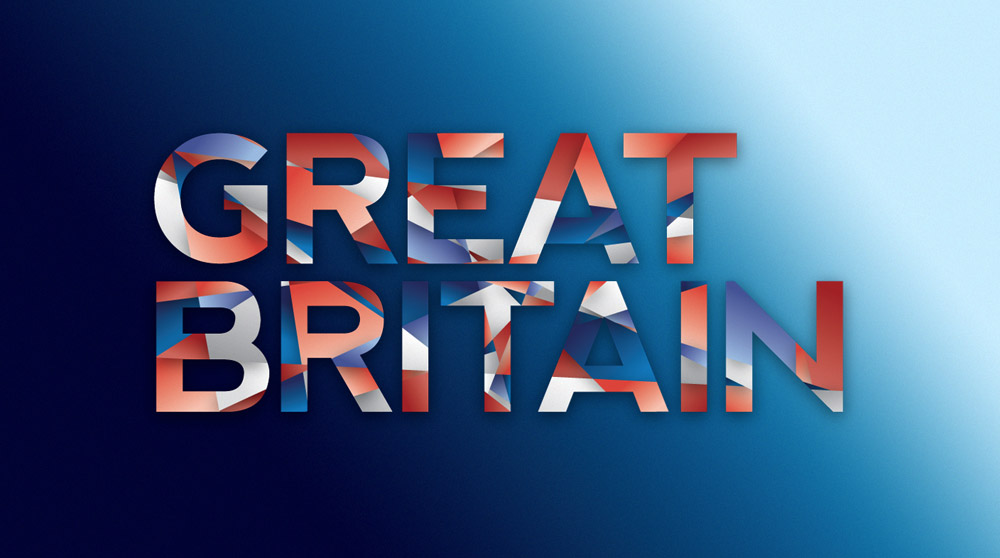
 622538
622538 

